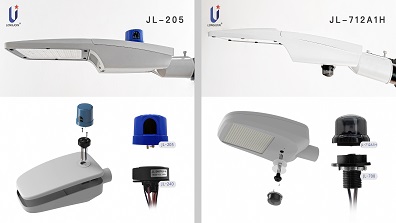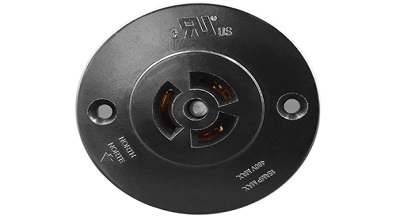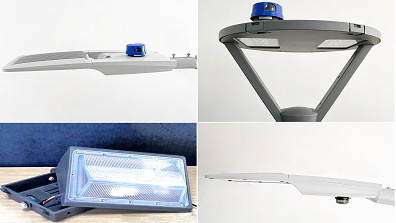Call us
+86-21-56666351
NEMA ANSI C136.10 Roadway and Area Lighting - Locking-Type Photocontrol Devices and Companion Receptacles - Physical and Electrical Interchangeability and Testing.
NEMA ANSI C136.41 Roadway and Area Lighting Equipment External Locking-Type Photocontrol and Dimming Control Between Ballast or Starter.
Input Voltage: Refers to the input voltage value supplied to the controller.
Output Voltage: Refers to the voltage outputted by the controller, generally used to power light sources.
Output Current: Refers to the current outputted by the controller.
Output Power: Represents the maximum power that the controller can provide to light sources, etc.
DC (Direct Current) and AC (Alternating Current): The output of the light source controller is usually DC, while the mains power supply is AC.
I/O Port: Stands for Input/Output port, usually referring to pure input and output ports, excluding data and communication ports.
Photoresistor: It is a semiconductor component based on the internal photoelectric effect, and its resistance depends on the change in incident light intensity.
Phototube: It is an electronic enhancement device that converts light signals into electrical signals using the photoelectric effect.
Delay Control: It is a control method that artificially introduces a time delay.
Surge Protection: It is an important device that protects electrical equipment from instantaneous surge impacts.
Switch Light Illumination: Refers to the light intensity when the lights are switched on or off.
Sensitive Wavelength: Refers to the sensitive range of a photosensitive element to light, i.e., the wavelength of light that it can respond to and generate an electrical signal.
Dimming Interface: Refers to the interface or device used in lighting systems to adjust the brightness of lights.
Under-voltage: Refers to the situation where the power supply voltage required by a circuit or device during operation is lower than its standard working voltage.
We Take Pride in Delivering Precision and Excellence with Every Street Lighting Controller We Provide.
Address:
2nd Floor, Building 8, 129 Hulan West Road, Baoshan District, Shanghai, China


